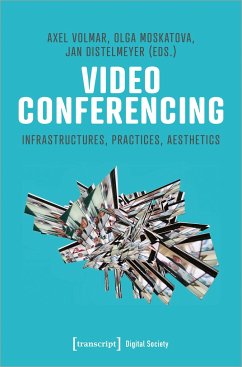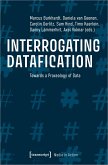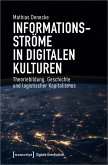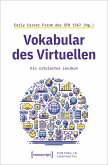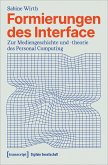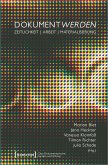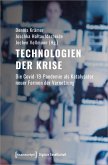The COVID-19 pandemic has reorganized existing methods of exchange, turning comparatively marginal technologies into the new normal. Multipoint videoconferencing in particular has become a favored means for web-based forms of remote communication and collaboration without physical copresence. Taking the recent mainstreaming of videoconferencing as its point of departure, this anthology examines the complex mediality of this new form of social interaction. Connecting theoretical reflection with material case studies, the contributors question practices, politics and aesthetics of videoconferencing and the specific meanings it acquires in different historical, cultural and social contexts.
Hinweis: Dieser Artikel kann nur an eine deutsche Lieferadresse ausgeliefert werden.
Hinweis: Dieser Artikel kann nur an eine deutsche Lieferadresse ausgeliefert werden.

